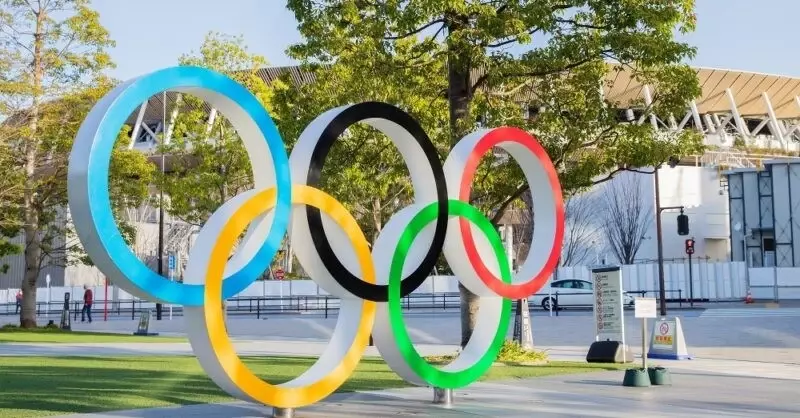Tokyo, (TDI): The three main Japanese sponsors of the International Olympic Committee, Toyota, Panasonic, and Bridgestone, are ending their sponsorship.
The IOC will probably pay attention to the Middle East and India to secure fresh sponsorship revenue, as they left without a Japanese sponsor.
Japanese sponsors have withdrawn from the Olympics, most likely because the 2020 Tokyo Olympics was held one year later than planned.
Due to the supporters’ inability to enter competition sites, the postponement decreased sponsors’ visibility, raised expenses, and revealed numerous corruption issues related to the Games.
These three are supposed to be among the fifteen top sponsors of the Olympics.
During the previous four-year Olympic cycle, the 15 gave the IOC payments totaling more than $2 billion.
When the Paris Games ended in August, Toyota Motor Corp. refused to continue its sponsorship.
The automaker’s vision and the IOC’s objectives were at odds, Chairman Akio Toyoda said last month at a conference of US dealerships.
Also read: Paris Olympics Ended, Sports Fever Continues in Shanghai
Akio Toyoda stated, “To be honest, I don’t think the IOC is genuinely concerned about prioritizing individuals. I think the Olympics should just be about watching athletes from all walks of life and all kinds of challenges achieve their impossible.”
He committed to keep contributing money to both the Paralympic Games and individual athletes competing in the Olympics and Paralympics.
In its announcement in 2015, Toyota received a contract from the IOC, reportedly worth $835 million.
From the 2018 Pyeongchang Winter Olympics in South Korea to the recently concluded Paris Olympics and Paralympics, it featured four Olympics.
IOC TOP sponsors include Coca-Cola, Deloitte, Intel, Omega, Panasonic, P&G, Samsung, Toyota, Visa, ABInBev, Airbnb, Alibaba, Allianz, Atos, Bridgestone, and Coca-Cola.
Tire manufacturer Bridgestone Corp., which has sponsored the Olympics since 2014, announced this week that it will not extend its agreement with the IOC after this year.
The Tokyo-based firm released a statement saying, “The decision comes after an evaluation of the company’s evolving corporate brand strategy and its recommitment to more endemic global motorsports platforms.”
The giant electronics company Panasonic Corp., an IOC sponsor since 1987, said last month that it was ending its sponsorship without providing a rationale.
“Reviews how sponsorship should evolve” preceded the decision-making.
Corruption controversies around local sponsorships and contract awards engulfed the Tokyo Olympics.
Japan’s largest marketing and PR firm, Dentsu Inc., raised $3.3 billion in local sponsorship money for the Tokyo Olympics.
This is not related to TOP sponsors.
Prosecutors in France also probed possible vote-buying in the 2013 IOC decision to select Tokyo as the host city for the 2020 Summer Games.
Also read: Los Angeles Set To Host Summer Olympics 2028
The latest four-year cycle, which concluded with the Tokyo Games, brought approximately $7.6 billion for the IOC.
The numbers for the cycle that concludes with the Olympics in Paris have not yet been made public.
The major sponsors of the IOC paid more than $2 billion during that period. In the following cycle, the amount can rise to $3 billion.
At least half of Japan’s publicly declared $13 billion expenditure for the Olympics came from public funds.
According to a government audit, the actual cost was likely double that amount. The IOC contributed roughly $1.8 billion.



